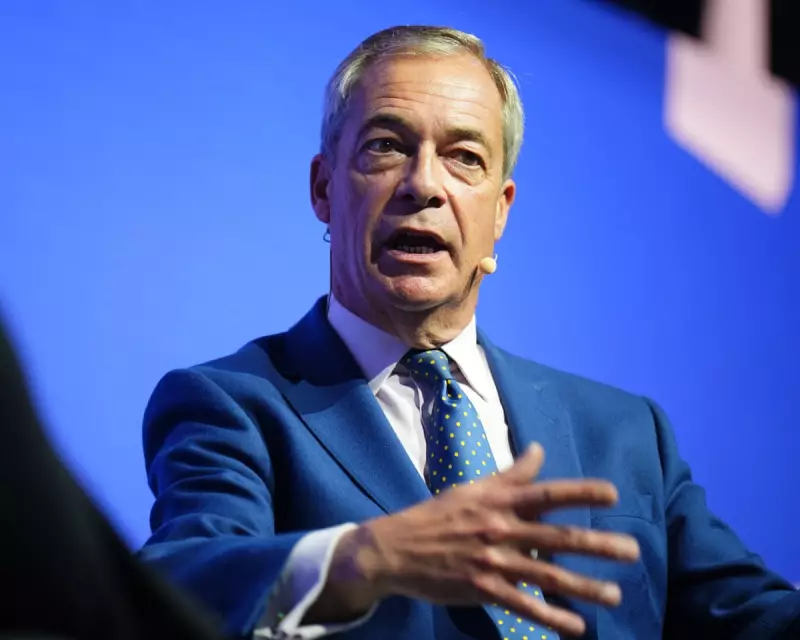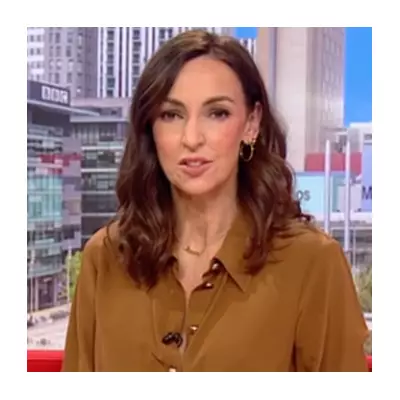
In a dramatic parliamentary showdown that laid bare the deepening tensions over Britain's economic direction, Reform UK leader Nigel Farage launched a blistering attack on Bank of England Governor Andrew Bailey, questioning his competence and the central bank's handling of the nation's financial stability.
The Treasury Committee Confrontation
The political firebrand used his platform at the Treasury Committee hearing to directly challenge the Governor's track record, suggesting that the Bank's credibility had been severely damaged by its recent performance. The exchange grew increasingly heated as Farage pressed his case against the institution tasked with steering the UK's economic course.
Interest Rates Under Scrutiny
At the heart of the confrontation lay the controversial issue of interest rates. Farage pointed to what he characterised as the Bank's failure to anticipate and respond effectively to inflationary pressures, leaving millions of British households and businesses facing financial strain.
'The credibility of this institution has taken the most enormous hit,' Farage declared, putting Bailey on the defensive about the Bank's forecasting accuracy and policy decisions during recent economic turbulence.
Political Ambitions and Economic Policy
The tense exchange comes amid growing speculation about Farage's political ambitions and his party's increasing influence on economic debate. With Reform UK positioning itself as a vocal critic of established economic institutions, this confrontation signals potential battles ahead over who shapes Britain's financial future.
Bailey, for his part, maintained his defence of the Bank's independence and decision-making process, though the Governor faced persistent questioning about whether the institution had lost touch with the economic realities facing ordinary Britons.
Broader Implications for UK Economy
This public clash represents more than just political theatre—it highlights fundamental disagreements about how Britain should navigate ongoing economic challenges. The outcome of such debates could significantly influence everything from mortgage rates to business investment in the coming months.
As political pressure on independent economic institutions intensifies, observers are watching closely to see how these tensions might affect policy decisions at a time when economic stability remains fragile.





